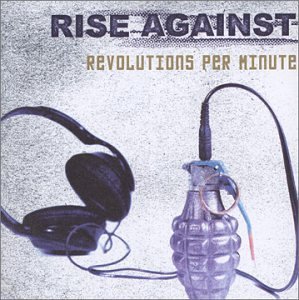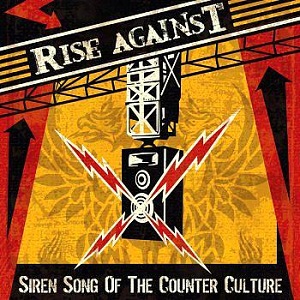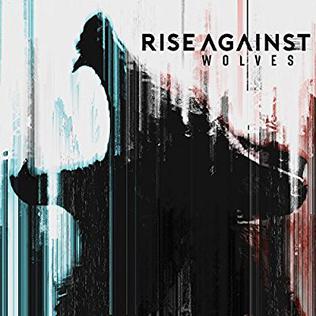Appeal to Reason is the fifth studio album by my all-time favorite band, Rise Against, and one of their most beloved albums by far. Honestly, I can see why. It's a more radio friendly version of The Sufferer and the Witness, and is almost always people's first introduction to the band. I'm no exception, either. Savior was the first Rise Against song I ever heard, so I'm guilty as sin.
This album, like most of their albums, is perfect and has no flaws (/hj) so I want to gush about it. If you'd like to scavenge around for on-theme graphics, fun facts, and things about this album that I love, scroll now! And if you're wondering where special edition tracks like Elective Amnesia or Historia Calimantium are, try the miscellanious page!
Collapse (Post-Amerika)
Long Forgotten Sons
Re-Education (Through Labor)
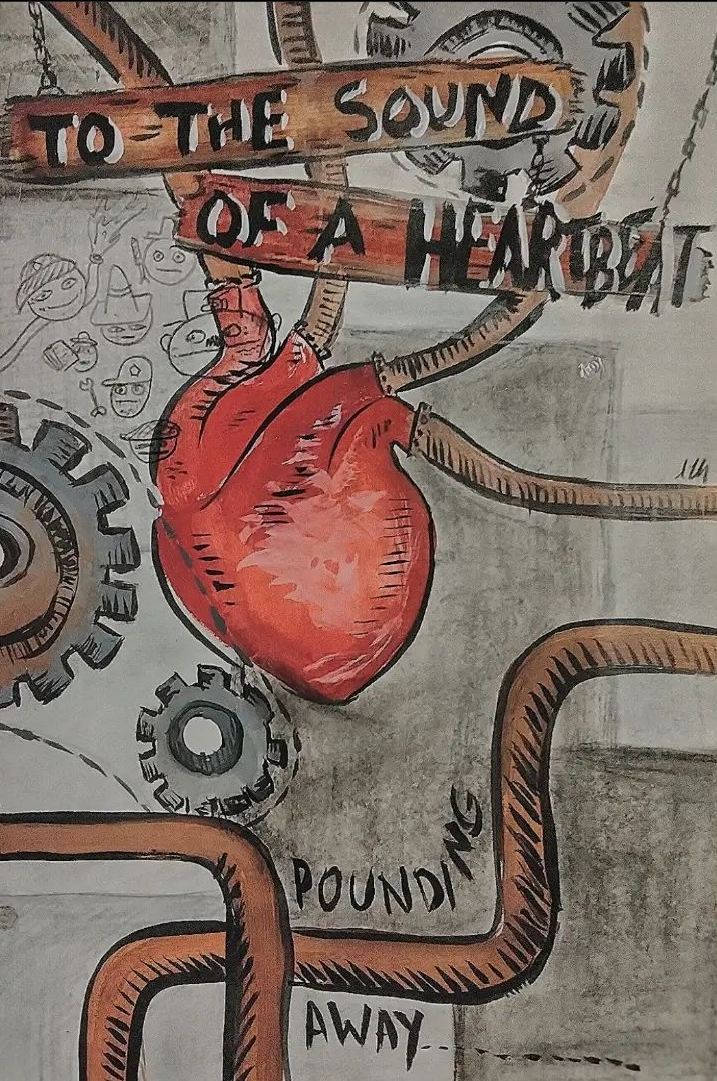
i fucking lobve this song so much i love the industrial themes i love the steampunk-y imagery AAAAAAAA i love it so much i made this painting from the lyrics (yes thats mine). it was one of the first songs that REALLYYYY got me into Rise Against. so heres some of my favorite parts of the song:
⟶ cool ass car metaphor in the post-chorus: White needles buried in the red / The engine roars and then it gives
⟶ the bridge has some super cool bug imagery: We are the insect in your ears / We crawl / We crawl / We crawl / All over you!
⟶ the guitar simultaneously has a repetitive marching beat whilst not being boring and has a lot of "moving parts" so to say since the inbetween parts are very varient.
The Dirt Whispered
COOL DETAILS !!!
⟶ in the first verse there's a line that goes: "She got down on hands and knees / One ear against the ground / Holding her breath to hear something / But the dirt made not a sound tonight" but i actually think she's listening for the vibrations that a car would make in a driveway, not a literal sound
⟶ also also, the detail that she would be holding her breath to hear better is an amazing detail that you don't even think of if you arent a mentally ill fanatic (me)
⟶ this song is something of a sister song to The Good Left Undone; they both have a similar vibe to them (what with the earthy metaphors for relationships and all) but are about two different kinds of relationships
⟶ there's a cool perspective shift that happens during the chorus, where the first two stanzas are from the womans perspective and the second half is from Tim McIlrath's perspective
⟶ during the bridge Tim lists off nouns— a destination, a fading smile, a station, a mile, a day gone —that describes the entire theme of the song in three lines and has a really cool poetic twinge

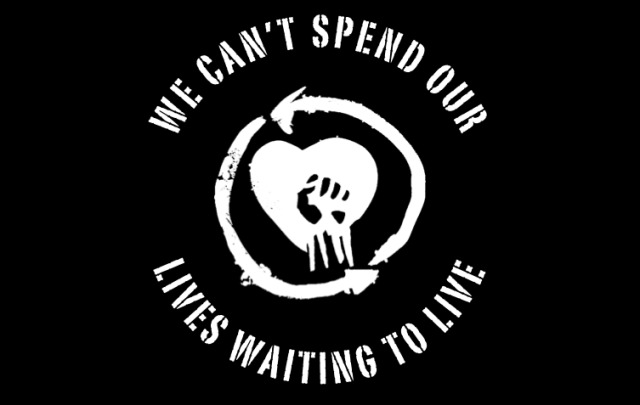

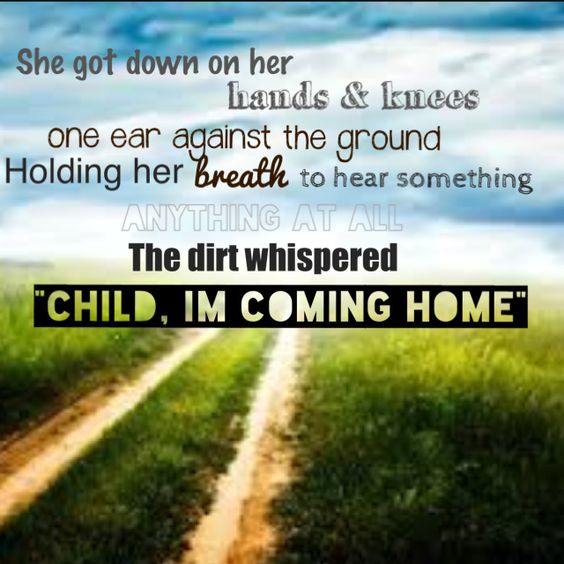

Kotov Syndrome

From Heads Unworthy
GALLERY

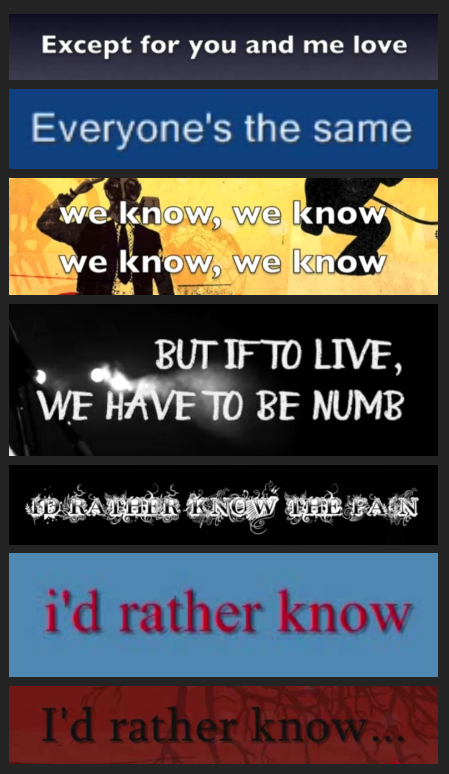

this song was in a capcom trailer... btw...
The Strength to Go On
Audience of One
my cover (ehehehe)..
Entertainment

Hero of War
Savior



